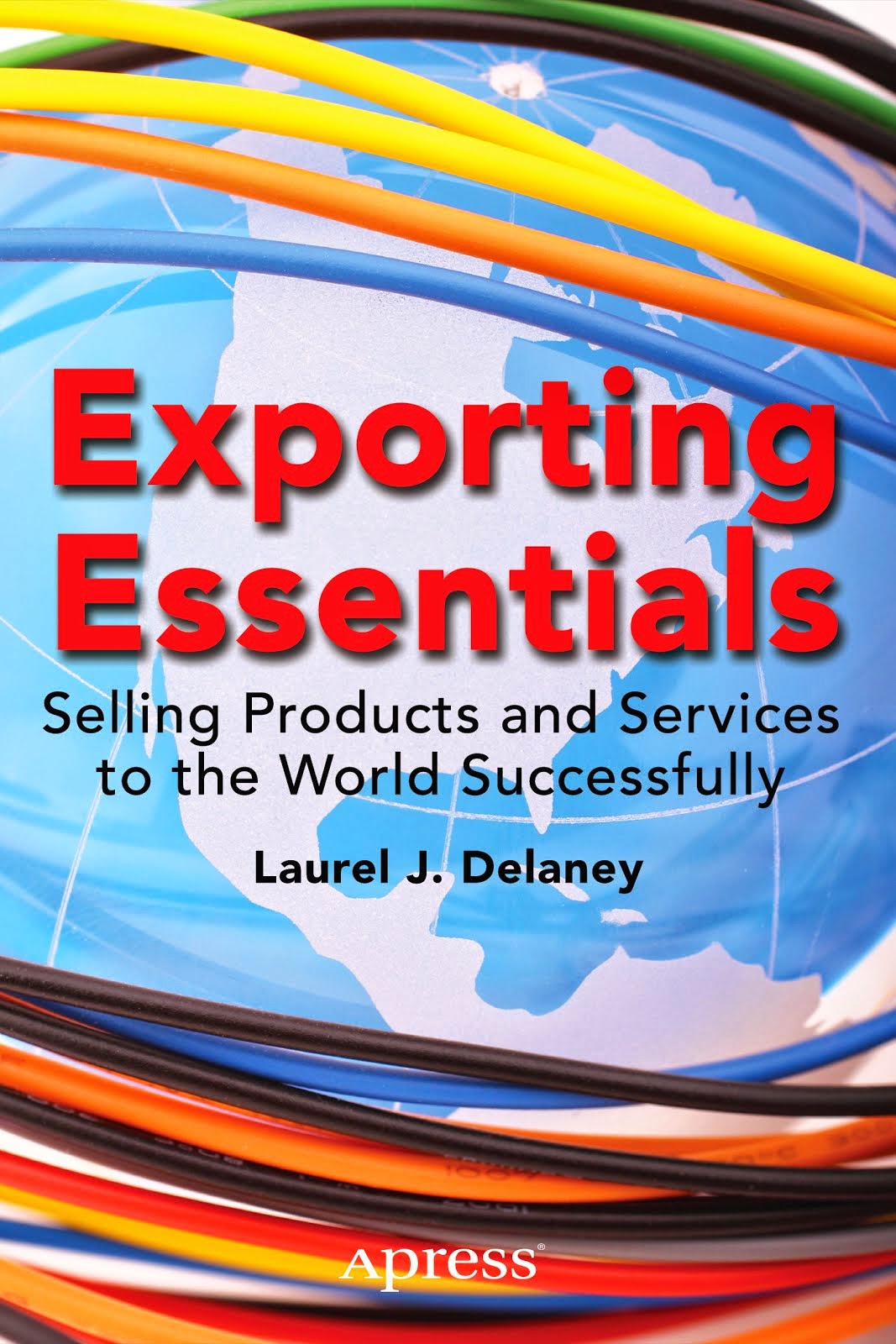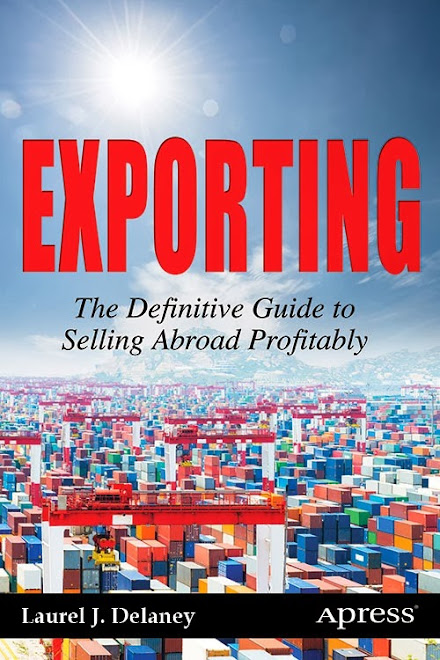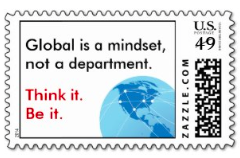In Always On
The CIOs of Wal-Mart and Procter & Gamble talk about their next level of tech adoption, and why it means investing and expanding globally. This is a very interesting article and site that brings in the BIG guys, including founding partners Accenture, Audi, IBM and KPMG. I found the reader's comments to be the most insightful.
Small businesses can learn about big-picture international strategy from this interview. Here are some highlights:
Margulius (Interviewer): Let me ask you both about global technology. Wal-Mart is expanding very aggressively and acquiring other companies. You bought $12 billion worth of merchandise from China in 2002 --I read that somewhere, I don't know if it's accurate -- which is about 10% of its exports to the United States. Clearly, you're a huge global business. What do you have to do with technology to enable that, and what can the people in this room do to help provide better technology to you?
Dillman (Interviewee from Wal-Mart): I think a lot of people are moving in this direction. We run common systems around the world. We run common platforms; we're on a single network. It makes us very efficient, and it means we can roll out a lot of things very fast and share best practices. A lot of our suppliers like P&G are pretty good at operating globally with a single customer and a single account team (Laurel here -- very practical advice even for small businesses).
To be honest, the technology suppliers are terrible, at least so far. And one of the things we're struggling with is we make decisions as our international business grows, and we're pretty close to this point right now. We have tended to make decisions on what technology and which suppliers we would select based on what the cost model looked like in the United States. And what we're finding is that it's so disproportionately different in some of the countries where we need the cost to be the lowest.
So even in China, the stuff is manufactured there, we find that the costs are double and triple to buy the technology we use in the United States and deploy it in China, even though the cost of everything else including the manpower is so much less, that we will start shifting our decisions based on what the global deployment looks like and the cost and not the domestic. We have pushed every single one of our suppliers, technology suppliers, to figure out how to work with us globally (Laurel here -- yeah!). We're going to negotiate deals one time (Laurel here -- another great tip for small busineses ... be selective and focus carefully on your targets). We're going to have software deals that are one deal per Wal-Mart everywhere.
Margulius: So does that mean the investors should be investing in foreign companies who are building to that house structure, or does it mean they need to just encourage their local companies to roll out the technology globally first?
Dillman: I'd probably invest in whichever one you think is going to happen first (Laurel here -- great advice!). More and more companies are going global in effort, and you're seeing deployment. And this might help you be first in that space.
David (Interviewee from Proctor and Gamble): We're not terribly dissimilar, but there are differences. We are not as centralized. It's the basic architecture and infrastructure of the company. We have four global databases: customers, suppliers, materials, and pricing. It's one of the reasons why we can do data synchronization any place in the world very quickly; I have one global reference database now for that.
There is another side of this that says we need to be very close to the business unit and so we allow a fair amount of innovation to take place as close to the customer or as close the brand or the country that it needs to be. But we're fairly rigid (Laurel here -- something small businesses never are and so we have the competitive advantage here) in understanding what that is, and we publish very well how that must fit in to our global architecture.
The biggest single issue is that I think our companies end up dragging the technology companies around the world, and that is just a really tough process. If you're going to do business with global companies you have to be prepared to be able to do business globally (Laurel here -- absolutely correct!). And most people just don't understand that. You have to have people, you have to have support, you have to do the things that are going to be necessary to support us because we're going to make fewer and fewer one-offs for the U.S. and Canada and Mexico and China. It's just not a supportable proposition in the long term. So, how can you support us on a global basis (Laurel -- excellent concept and a great question for small businesses to ask of themselves before they partner with companies)?
Margulius: Any surprises in dealing with China? Do you go to China? Do you work with their units over there?
Dillman: Absolutely I have been to China. Our dealings are obviously with our stores and our customers there. We approach China a little differently than we have some other countries, and it has turned out to be a very smart approach. We went very slow in China. We learned the country (Laurel here -- this is about doing your homework and understanding the culture), we developed relationships, we developed local talent, and we waited a little bit for the market to return. The government now is ending some of the restrictions on holding companies.
The welcome we receive from the Chinese customer is pretty amazing. Average transaction in the United States is about $35. The average transaction in China is less than $10. So we have a different model. They have less disposable income (Laurel here -- very important detail, along with the next two points, if you plan to sell to China). In China, you don't have a lot of impulse buys. They buy necessities. We've had to learn to adjust to the marketplace.
To read the entire article and to visit this comprehensive site, go to: Think Globally, Act Globally
Saturday, October 30, 2004
Subscribe to:
Post Comments (Atom)


















No comments:
Post a Comment